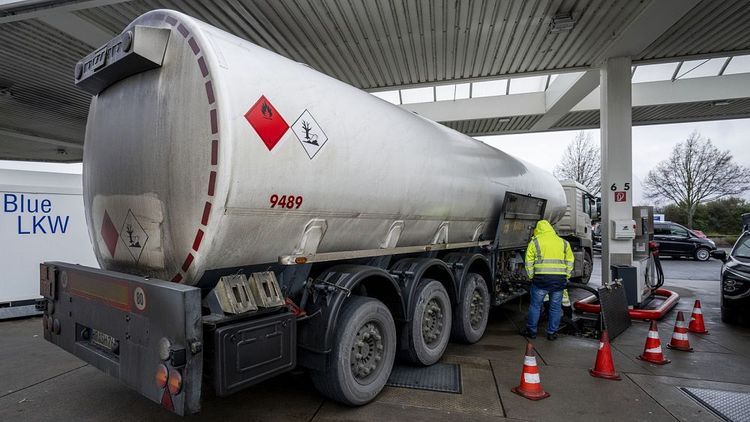EU imports of Russian oil plunge by 90% as a result of sweeping bans

The European Union is no longer the primary buyer of Russian oil, according to recent reports.
Due to the bans that were put in place in response to the Ukraine conflict, the European Union has experienced a sharp decline in their imports of Russian oil. In fact, their imports have decreased by as much as 90% in a mere 12 months.
During the month of February 2022, the EU purchased a total of 15.189 million tonnes of crude oil and processed commodities, including diesel, kerosene, and gasoline, from Russia. This happened to be the same month when the Kremlin kicked off a full-scale invasion.
A year after, in February of 2023, the amount of imports remained the same, at 1.876 Mt. However, in March they decreased to 1.445 Mt.
Other countries such as the United States, Norway, Algeria, Brazil, Angola, and the United Arab Emirates have taken over the significant role that Russia had left vacant.
On Monday, Eurostat presented statistics that reveal the consequences of the extensive prohibition on Russian oil that the EU leaders decided to apply at the end of May after long and arduous discussions.
There were two parts to the ban, which disallowed the transportation of both raw oil and processed oil via sea routes. The ban was enforced on two different dates, 5th of December and 5th of February.
The schedule was created to aid countries to adjust to the drastic changes and the expulsion of their primary source of energy.
Despite this, the ban did not include oil imports via the Druzhba pipeline as requested by Central European countries, such as Hungary, who caused a delay in the ban's final approval.
As a matter of fact, the breakdown of data for March revealed that the greater part of Russia's crude oil was shipped to three countries which are linked via Druzhba, namely Hungary, Slovakia, and the Czech Republic.
The Druzhba derogation was a controversial topic that EU leaders had promised to reconsider. However, they have not yet addressed the issue, despite it being marked as indefinite.
According to Eurostat, the complete prohibition on oil imports from Russia was not enforced as particular exemptions were set forth in the bans. These exceptions permit limited imports under particular circumstances.
The energy industry was affected by the unrest caused by Russia's invasion. To ease market prices, member countries released a portion of their emergency oil reserves.
As stated by Eurostat, as of March 2023, only five countries which include Bulgaria, Czechia, Ireland, Latvia, and Lithuania, were yet to meet the minimum level of emergency oil reserves required by their nation.









































